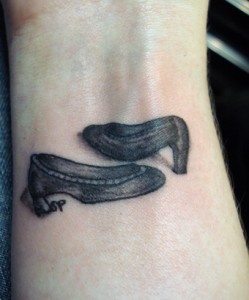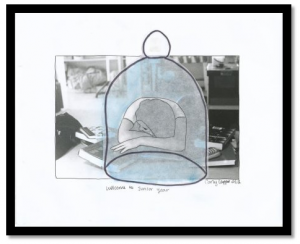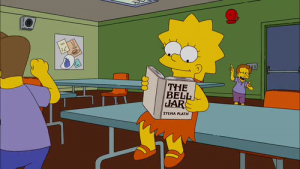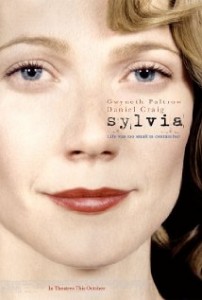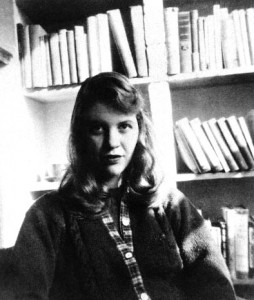Plath in Pop Culture
by Olivia-Beate Franzini
16 Pandas who Understand Sylvia Plath
http://www.buzzfeed.com/clarasternoffb/16-pandas-who-understand-sylvia-plath-snm
The Broadway Play- Wish I Had a Sylvia Plath
In Art
Carly Lappas ’13 “The Bell Jar” Photograph and Mixed Media
Appearance in the Simpsons-High Culture Meets Low Culture
The Movie-Sylvia
![[UNSET]](https://lifewriting.commons.gc.cuny.edu/files/2013/11/UNSET-300x225.jpg)
